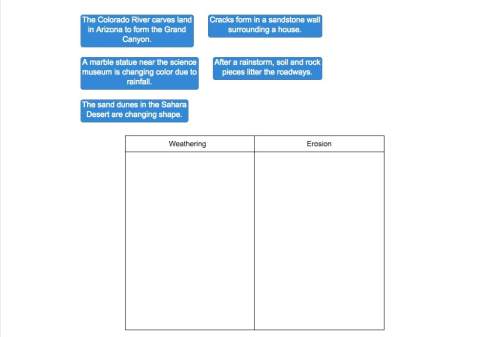
Biology, 04.05.2021 18:10 FireFlight
The antibiotic erythromycin disrupts protein synthesis by preventing ribosomal translocation (movement of the ribosome relative to the mRNA). It does not affect any other step in protein synthesis. Suppose you are doing a translation reaction in vitro and you add erythromycin just before the 3rd peptide bond is about to be made. You wait a few minutes and look at the ribosome.
Circle the correct
a. The carboxyl end of AA #3 should now be covalently bonded directly to: (tRNA #2) (tRNA #3) (tRNA #4) (AA #2) (AA #3) (AA #4) (none of these).
b. Which tRNA will you find in the A site? (tRNA #1) (tRNA #2) (tRNA #3) (tRNA #4) (tRNA #5).
c. The tRNA in the A site will carry: (an amino acid) (a polypeptide) (neither) (either one)

Answers: 1


Another question on Biology


Biology, 22.06.2019 01:00
How are mutations continually being generated in a population (what are some of the causes of mutatuions? ) explain
Answers: 1

Biology, 22.06.2019 18:30
Fungi exist as single cells or as branching networks of multicellular filaments. how does the structure of filaments relate to their function
Answers: 2

Biology, 22.06.2019 20:00
The changes that the students observed, rapid breathing and sweating, would be classified as a to a change in a system.
Answers: 1
You know the right answer?
The antibiotic erythromycin disrupts protein synthesis by preventing ribosomal translocation (moveme...
Questions

Mathematics, 05.09.2020 17:01



English, 05.09.2020 17:01



English, 05.09.2020 17:01



English, 05.09.2020 17:01






Chemistry, 05.09.2020 17:01




Law, 05.09.2020 17:01




